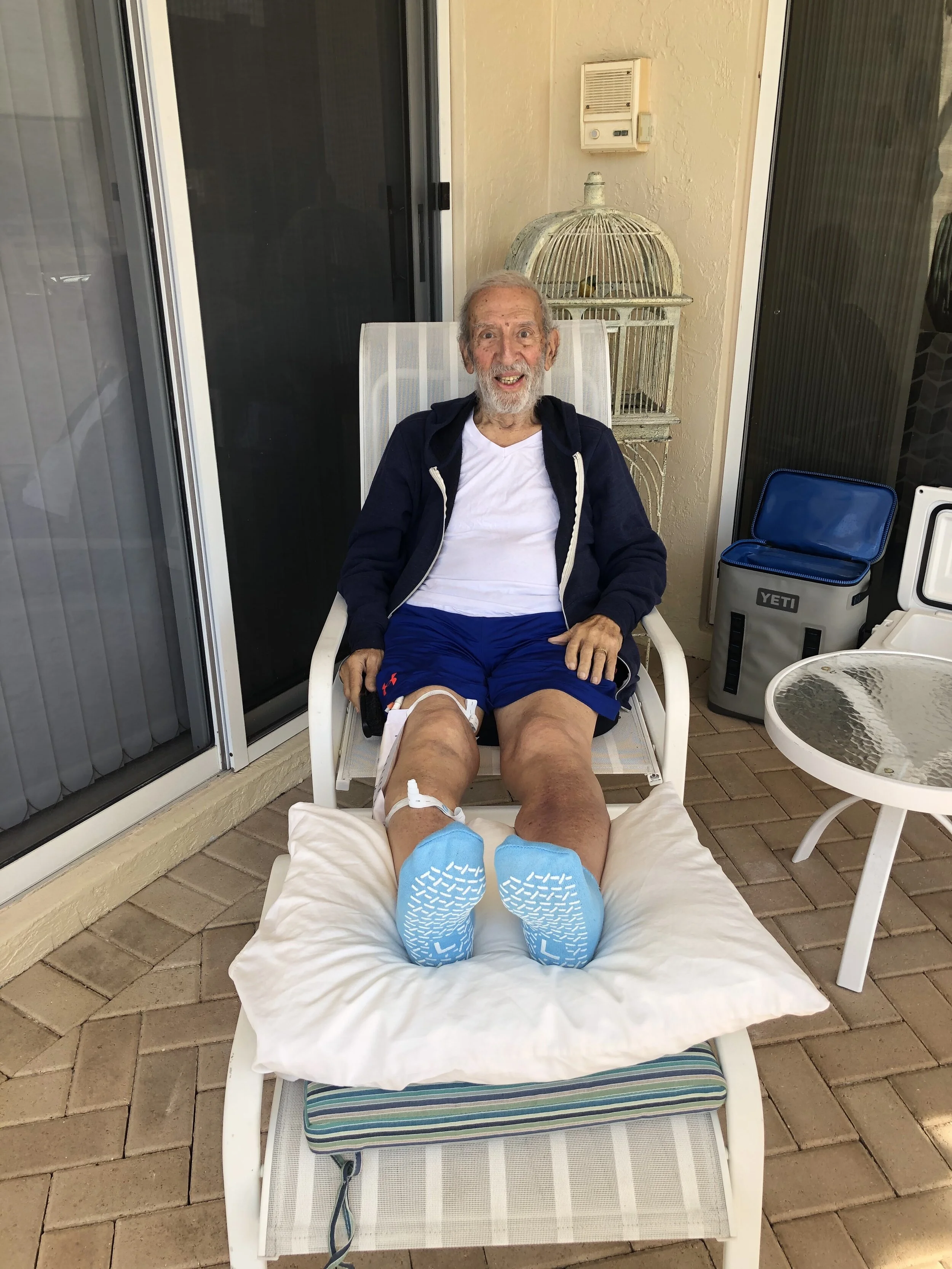Snapshot Of A Moment In Time
/Her diagnosis is early Alzheimer’s disease, and simply sitting in the waiting room with individuals who are exhibiting symptoms of the disease elicits fear.
She is informed of the progressive nature of the disease, counseled about necessary lifestyle changes and even given statistics about probable outcome. Now referred to as an Alzheimer’s patient, and even classified by stage, she leaves the office feeling uneasy, as if her identity has been altered.
She wrestles with the fact that she feels fine, can play Sudoko without difficulty, and is only rarely forgetful. Others begin to make decisions that include her, and her disease becomes the focus of hushed family conversations.
An intelligent and accomplished woman in her 50s, she searches for answers, hanging on to her belief that she can take a different course, find ways to enhance her health and well-being and live her life with engagement and awareness.
Compelling discoveries in neuroscience over the past few decades provide support for her perspective. Studies reveal that we are the architects of our nervous systems and have the ability to impact our health and healing in very profound ways.
Throughout our lives, as we are exposed to experiences, our brains produce new cells, change the connections between cells and alter chemicals, continually reorganizing to restore function and homeostasis. Neuroscientists attribute these responses to an inherent quality of our nervous system - neuroplasticity, a characteristic that scientists have only recently discovered.
What is more, in addition to measurable structural changes in response to extrinsic influences - our nervous system’s structure changes in response to internal experiences such as our thoughts and emotions.
By engaging in aerobic exercise, continually learning new skills, expanding social interaction and developing our attention and focus, we shape our nervous system and subsequently affect the other systems of the body - including our immune and endocrine systems.
In fact, studies reveal that when we enhance neuroplasticity, we can reverse changes generally associated with the aging process, such as decreased memory and cognition, as well as alterations in the brain associated with stress and injury.
Behavioral neuroscientist Dr. Edward Taub reveals that with specific activities, we can stimulate changes in the brain that enable people who have experienced strokes to regain function in paralyzed limbs, even at advanced age and after long periods of disability.
In a fascinating study, individuals with the brain lesions seen in Alzheimer’s disease, some of which were moderately severe, remained asymptomatic. The researchers proposed that the individuals were able to adjust and maintain healthy function despite significant pathology because the plasticity of their brains had been supported and enhanced throughout their lives.
A diagnosis is a snapshot of a moment in time.
While we cannot control all of our experiences, the dynamic nature of our nervous system provides each of us with an ongoing opportunity to change our state of health, and reminds us that we are a critical element in restoring our health and well being.








